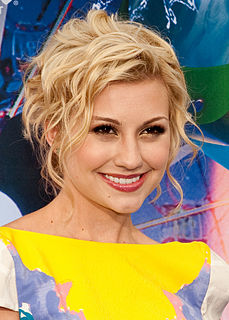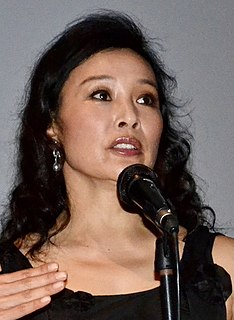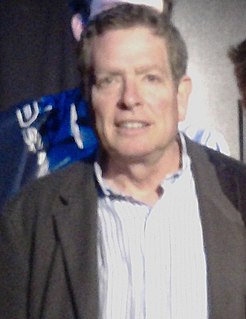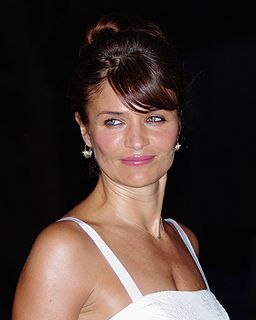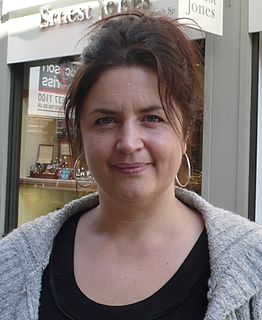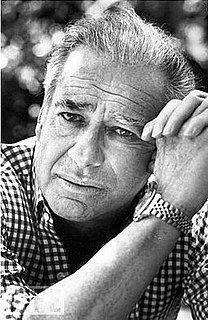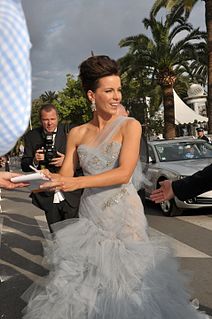Цитата Юэна МакГрегора
Невозможно указать, что именно это означает, кроме защиты окружающей среды, которую актеры получают, чтобы найти сцены, построить сцены и вложить в них деньги. Я думаю, что это ключ, и это то, чему я научился у всех великих режиссеров, с которыми работал.
Связанные цитаты
Для меня многие из этих актеров новые. Что касается меня, то я работал только с Финном Уиттроком и Майклом Чиклисом. Так что многие из этих актеров — люди, которых я был большим поклонником в течение многих лет, и они входят в список актеров, с которыми я могу работать. Теперь это довольно сюрреалистично - вступать с ними в сцены. Вы все должны найти своих персонажей вместе.
Я думаю, что вы подходите к части таким же образом и просто выясняете, что заставляет их тикать и кто они. В таком фильме у вас может быть немного меньше времени и несколько диалоговых сцен и экспозиций, чтобы ваш персонаж мог действительно передать это, и поэтому я хотел передать, что она не из тех, кто просто бьет часы, но у нее есть это. странные эмоциональные вложения в свою работу до такой степени, что она становится довольно близорукой, и это делает ее неумолимой.
Кто-то приходит к вам домой. Ты знаешь, что они придут, так что это не сюрприз. И они дают вам конверт, в котором ваши сцены. И они полчаса сидят в машине на улице, пока ты читаешь свои сцены, потом они звонят тебе в дверь, и ты отдаешь свои сцены обратно. Затем вы снимаете фильм через несколько недель или что-то в этом роде. В следующий раз вы увидите свои сцены в ночь перед началом съемок. Я никогда не читал сценарий [Голубой жасмин], так что я действительно не знал, о чем он.


